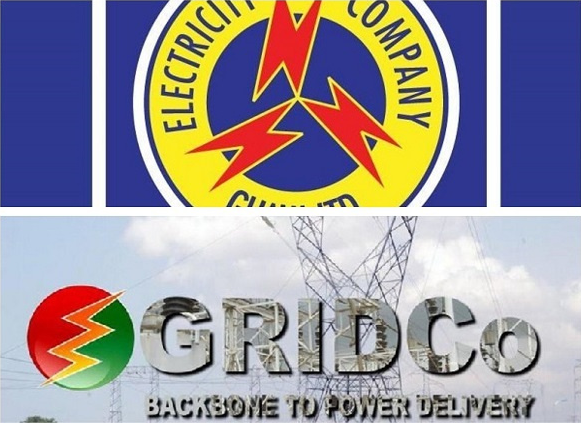ECG and GRIDCo Announce Three-Week Load Management

The Ghana Grid Company Limited (GRIDCo) and the Electricity Company of Ghana (ECG) have recently announced a possible load management plan for three weeks. This announcement has sparked a wave of discussions and concerns among the public, businesses, and stakeholders in the power sector. This article aims to provide a comprehensive analysis of this development.
On Thursday, June 13, 2024, ECG and GRIDCo issued a joint statement announcing a three-week interruption in power supply. This interruption, also referred to as ‘Dumsor’, is due to a reduction in gas supply from Nigeria. The reduction began on Wednesday, June 12, 2024.
The reduction in gas supply is attributed to maintenance works being undertaken by a gas supplier in Nigeria. This maintenance work is projected to last for three weeks. The reduction in gas supply has caused a decrease in the overall power generation capacity in Ghana.
The decrease in power generation capacity could result in load management over the period of the work. This means that there could be scheduled power outages in different parts of the country to manage the load and prevent a total blackout. This could have significant impacts on businesses, especially those that heavily rely on electricity for their operations. It could also affect households, disrupting everyday activities and routines.
In their joint statement, ECG and GRIDCo assured the public that they are collaborating with other stakeholders in the power value chain to optimize available resources. Their goal is to ensure minimal impact of the reduction in gas supply on consumers. They have also apologized for the inconvenience caused.
While the announcement of the three-week load management plan has raised concerns, it is important to note that ECG and GRIDCo are taking steps to manage the situation and minimize the impact on consumers. The public is advised to stay informed and make necessary preparations for the period of the load management. It is also a reminder of the importance of diversifying the country’s energy sources to reduce reliance on a single source and ensure a stable power supply.
This situation serves as a reminder of the interconnectedness of the West African power grid and the need for regional cooperation in managing energy resources. It also underscores the importance of regular maintenance and investment in energy infrastructure to ensure reliable power supply.





